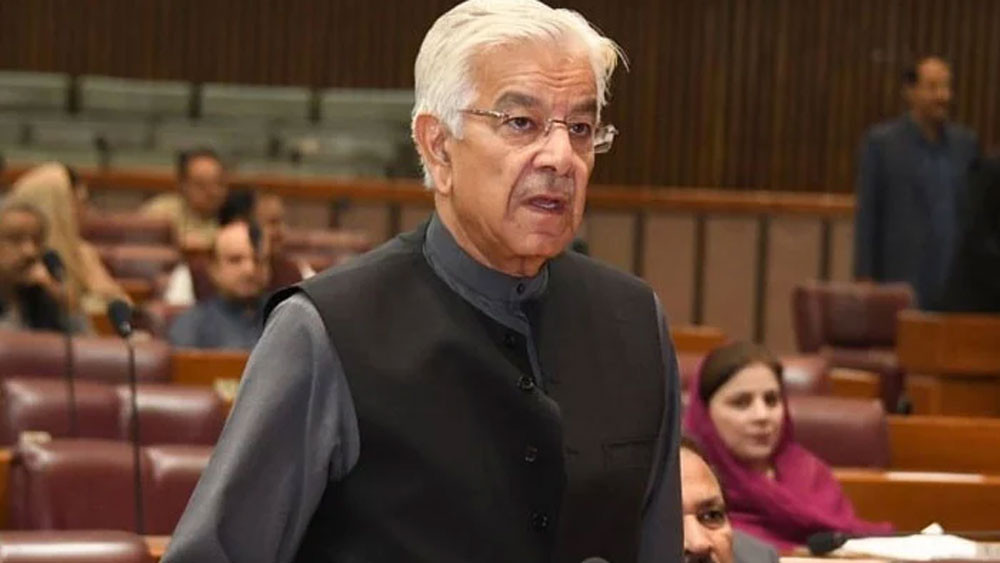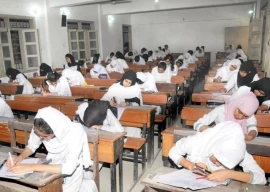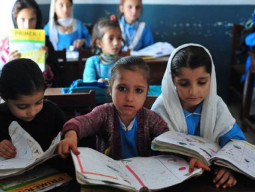
Defence Minister Khawaja Asif stated that Pakistan could eliminate its dependence on the International Monetary Fund (IMF) if the country successfully reduced corruption by 50%.
Addressing industrialists in Sialkot, Asif said that the reduction in corruption would unlock the potential for Pakistan to chart its own path of development and economic independence.
He added that such a change would eliminate the need for IMF support and lead the country towards long-term progress.
The defence minister pointed out that Pakistan had endured considerable pressure from the IMF over the past year, with the country struggling to meet the requirements set by the global lender.
He noted that the persistent pressure had created an unstable economic environment, yet he remained optimistic that internal reforms and reduced corruption could help stabilise the nation’s finances.
Asif emphasised the importance of policy reforms, citing the recent reduction in the policy rate by 9% as a positive step towards economic improvement.
Moreover, the minister spoke about the impact of regional issues on Pakistan's economy, acknowledging that external factors also played a crucial role in the nation's challenges.
He referenced the development of Sialkot’s airport, highlighting the success of private-public sector partnerships, a model that had proven effective in the city.
He explained that this model was an example of how cooperation between the private sector and the government could result in tangible progress and infrastructure development, setting a benchmark for other parts of the country.












1734511806-0/Untitled-design-(5)1734511806-0-270x192.webp)
1734468458-0/Copy-of-Untitled-(50)1734468458-0-270x192.webp)










COMMENTS
Comments are moderated and generally will be posted if they are on-topic and not abusive.
For more information, please see our Comments FAQ